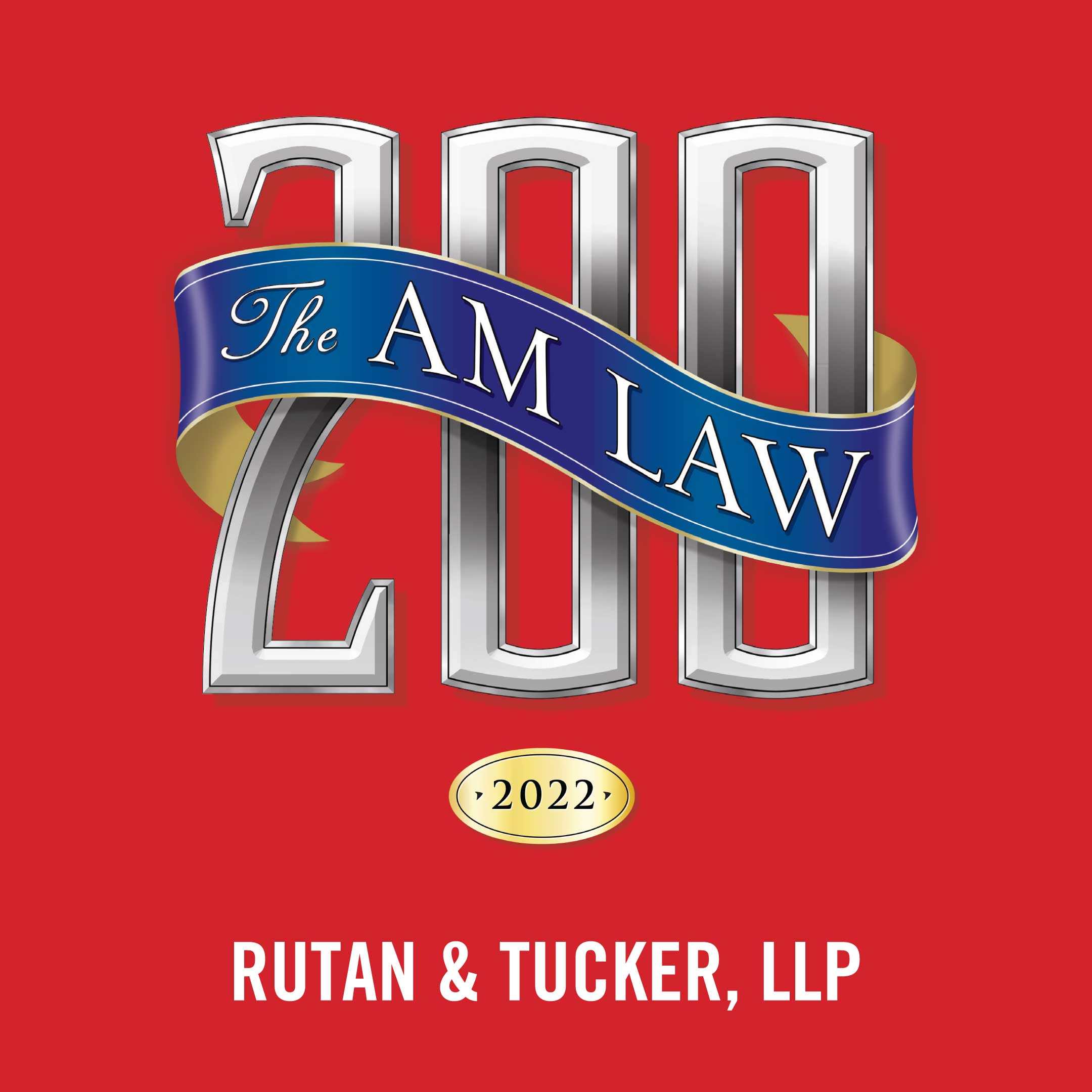A deposition is basically a formal interview. It is a question and answer session in which the deponent (the person being asked questions) is placed under oath and asked questions by the attorneys for the various parties in the case. The deponent must answer the questions asked to the best of his or her ability. Ordinarily a stenographic reporter is present to take down the questions and answers and transcribe them into a booklet for later reference. Any party to a lawsuit may take the deposition of any other party or any independent witness. The depositions of individual parties are almost always taken before trial. When a business entity is involved, depositions are typically taken of the key officers/employees that have information about the case. A deposition is normally taken in a conference room in the office of the examining attorney. No judge is present to preside or rule on objections, and the witness is usually represented by an attorney. The deposition gives the attorneys an opportunity to acquire information about the facts of the lawsuit and also find out what a particular witness knows and can testify to at the time of trial. If you are being deposed in your capacity as an employee of your company, outside counsel (like Rutan & Tucker LLP) will ordinarily be engaged by the company to represent you. Evidence (i.e., testimony) elicited in a deposition may be used in summary judgment or other motions before the court, and may be introduced at trial either in lieu of live testimony or to impeach (i.e., contradict) the testimony of a particular witness who may be giving live testimony at the trial. Although a witness is always permitted to make corrections in his or her testimony in the written transcript of the deposition, significant substantive changes (like changing a “no” answer to a “yes” answer) could damage the witness’ credibility and prove detrimental to his/her position in the lawsuit by creating the appearance the witness has “changed his/her story.” Therefore, it is desirable to minimize the need to make corrections by carefully preparing for the deposition and by being attentive during the deposition. The following observations and suggestions will help you be better prepared for your deposition. HONESTY IS ALWAYS THE BEST POLICY In preparing for your deposition, the first person you must be completely honest with is your own lawyer. Tell him/her everything, even those things you think may be harmful or embarrassing to your case. It is human nature to “spin” the story as favorably as possible, because we want other people (and particularly our own lawyer) to believe in us and champion our cause. Resist that temptation. Your lawyer will know how to best handle damaging information and “defuse” any potential landmines. One of the worst things that can happen is for your lawyer to be surprised by an unanticipated revelation during a deposition (or worse yet, at the trial). No case is perfect, and your lawyer needs to know “where the bodies are buried,” so to speak, so that he or she can work to minimize the impact of harmful evidence, as it is sure to come out sooner or later. Always speak truthfully, even when you think it hurts. Secondly, during the deposition, do not try to “finesse” the facts. While you need not and should not volunteer damaging information, you will be under oath and must testify truthfully. A witness who appears to be dissembling will quickly lose credibility. Know your case “theme” and emphasis it with confidence, but do not stretch the facts. REMEMBER, IT IS ‘THEIR’ DAY In the vast majority of cases, your deposition will be taken by a party that is adverse to you and/or your employer. Only in rare cases will a company feel the need to take depositions of its own employees (i.e., usually only to preserve testimony because an employee may be about to move or may be terminally ill, etc.). As a result, ordinarily you will be examined at a deposition by the lawyers for the other side. It is imperative that you understand that everything you say during your deposition is primarily for the benefit of the opponent. This is not the time to thump your chest and “tell your story.” Thus, rule number one in your deposition is not to volunteer unsolicited information, explanation or justification. You must tell the truth and be responsive to the questions asked, however, you have absolutely no obligation to volunteer information not specifically requested. Remember that the answers elicited during your deposition are only half the story – your attorneys will determine the best time and place to allow you to tell your side of the story. One of the worst mistakes deponents make is to try to “win the case” in response to questions asked by the other side at depositions. Be aware that the examining attorney may try to get you to volunteer additional information by a variety of tactics. THE RULE OF PAUSE A basic rule of thumb for all depositions is to pause before answering any question. The reason for this rule is multi-faceted. First, it gives your attorney a chance to hear and absorb the question and decide whether some form of objection is needed. It is important that objections be stated before an answer is given by the witness. Although in most cases you will be required to answer the question to the best of your ability even though your attorney makes an objection, there may be situations where you are asked questions that seek privileged information to which the other side is not entitled. In such situations, your attorney will most likely object on the basis of a particular privilege and instruct you not to answer the question. If you answer too quickly, you may be giving privileged information to the other side before your attorney has a chance to object. An objection may also alert you to a problem in the question (e.g., ambiguity, speculation, etc.). Pausing also gives you an opportunity to be sure that you fully understand the question before answering. Finally, and no less important, a meaningful pause allows you mentally to formulate your answer and double check any tendencies you may have had to volunteer information not specifically called for by the question. If you are a typical deponent you will undoubtedly violate the “pause rule” on at least a few occasions. Remember, this rule is a discipline you must repeatedly force yourself to perform. The examining attorney will attempt to put you at ease and engage you in a running dialogue or conversation. Do not let him or her do this. It is virtually impossible to follow the other general guidelines of successful deposition practice without adhering to the rule of pause. Although a brief silence may feel somewhat awkward to you, the written page of the deposition transcript will not reflect the time between the asking and the answering of a question. Videotape depositions are becoming more and more common in important litigation. The rule of “pause” still applies to a videotape deposition, although it is by necessity relaxed somewhat in that setting. A videotape deposition is more like live theater. Consequently, if your deposition is scheduled to be videotaped as well as stenographically recorded, you will require more preparation time with your attorneys prior to the deposition, in order to help insure you make the best possible presentation. UNDERSTANDING THE QUESTION If any question is put to you which you do not understand, or which you did not hear clearly, do not hesitate to ask that the question be rephrased or repeated. If the question is too broad to answer, ask that the question be broken down or more specifically stated. The examining attorney would like nothing better than to ask you open-ended questions and let you make speeches on the record. If there is any ambiguity in the question, you should state that you do not understand the question as presently framed and leave it to the examining attorney to reformulate the question in a different way. If you wish to consult with your attorney before answering a particular question, simply say so. You have the complete right to consult with your attorney before answering any particular question, although we believe you should exercise restraint and invoke this right only when necessary, because you do not want to appear as though you are hiding information or having your attorney “script your answers.” DO NOT VOLUNTEER INFORMATION As previously noted, it is in your best interest to keep your answers as narrow as possible in response to a particular question. Thus, if a “yes” or “no” question is asked, you should give a simple “yes” or “no” answer rather than an explanation. There will be times when you will be tempted to clarify or explain information that may appear harmful or embarrassing at the moment. Resist that temptation. If, for any reason, you feel the need to provide an explanation to a particular answer, ask to speak with your attorney or consult with him or her during a break and, when alone, explain what additional response you would like to make. Your attorney can then tell you whether or not this is the one situation in a thousand when such a clarification may be useful. A few examples may illustrate what constitutes “volunteering” information. If you are asked: “did you receive this document?” and you answered: “no, but I know Ms. X at my company did,” you would be improperly volunteering information. The correct (and truthful) answer to the question would be “no.” Only if asked would it be proper for you to disclose that you know some other person had received the document. Be assured that if you ever answer a question with a phrase such as “not directly,” or “not personally,” or “not recently,” you will be paving the way for follow-up questions on your implied affirmative response. Perhaps the best example of unnecessarily volunteering information to a specific question is the following response: “I don’t know the answer but it would be contained in XYZ document.” The proper answer to that question is: “I don’t know.” Keep in mind that all unnecessarily volunteered information will (1) help the other side; (2) extend the length of your deposition; (3) lead to the noticing of the deposition of other persons identified in your answer; and (4) lead to subsequent demands for documents referred to in your answer. DO NOT SPECULATE If you do not know something to be a fact, do not state it. Those things you “know” are things you have seen, heard, smelled, touched or felt. You should always remember that it is never wrong to say “I don’t know” if you do not have a basis in fact for answering a question. There are very few limited circumstances in which speculation may be permissible, but only if you have a strong factual basis for offering an educated guess, such as compelling circumstantial evidence. In such an event, you should state the source of the knowledge which gives rise to your response. DO NOT CLARIFY QUESTIONS When a question is technically incorrect or poorly phrased, you may believe you know what the examining attorney is driving at. It is not your job, however, to assist the other side in framing appropriate questions; rather, it is your sole responsibility to provide a truthful response to the question as posed. If, as a result of poor questions, the deposition transcript is confusing or muddled, or the examining attorney does not get the full story, you should not be concerned; it simply means that the other side will have less ammunition to use in their case. Thus, by way of example, if you are asked “have you ever done ‘X'” you should not respond “well, if you mean have I ever caused ‘X’ to be done, the answer is . . .” If a particular question as put is incomprehensible, you should not clarify the question; rather simply state that you do not understand it in its present form and ask that it be rephrased. NAMES AND DOCUMENTS The examining attorney will try to get you to provide as many specific names of people and document descriptions as he or she can. You must truthfully provide the answers if, but only if, you have been asked for such identification. You should never volunteer the name of another person or a reference to any document unless it has been specifically asked for in the question. Failure to follow this rule constitutes the worst kind of unnecessary volunteering of information. INTELLIGENCE DOESN’T COUNT It is human nature not to want to appear ignorant or ill-informed. In a deposition however, high IQs and great intelligence do not win any points. If the transcript of the questions and answers makes for dull or confused reading, that is not your concern as long as you have been responsive and truthful in the answers you have provided to the questions asked. The worst depositions are often those in which a deponent tries to “impress” the other side with his or her knowledge or intelligence. “I don’t know” or “I don’t remember,” when truthful, are perfectly acceptable answers, particularly for a busy executive who often delegates responsibility to others. SPECIFIC ANTICIPATED QUESTIONS AND ANSWERS This memorandum is being prepared on an across the board basis for all potential deponents and thus cannot be focused upon matters which may be peculiar to a particular witness or a particular case. In addition to the basic overview provided by this memorandum, it will be very important for each deponent to review with counsel likely areas of questioning for that deponent and documents which the deponent may have authored or received which touch upon the issues in the case. The combination of reading and understanding this memorandum and reviewing specific information and documents with your attorney should fully prepare you for your deposition. Remember, a deposition is not an inquisition – it is simply a fact-finding exercise. The other side is entitled through proper questioning to find out what you know and what you will likely be able to testify to if the case goes to trial. Do not be defensive or intimidated by the process. One other basic caveat should be noted. If you are asked any questions at your deposition about whether you are “contending” certain matters, your attorney should instruct on the record not to answer such questions. The proper province of the deposition is to ask witnesses about facts they know and, on occasion, opinions they may have. It is not proper, however, to ask a layman to formulate legal or factual contentions, and you should be careful not to do so. FREQUENTLY ASKED QUESTIONS ABOUT THE DEPOSITION It has been our experience from handling cases like yours that you will have questions about your deposition. It may also be that you will be apprehensive about your deposition when there is no need to be. Feel free to ask your lawyer any questions you might have about the procedure. The following are some frequently asked questions about the process: Question: Who will be present when my deposition is taken? Your lawyer will be there with you. The lawyer or lawyers representing the other party or parties will also be there. An official court stenographer will be present and, on rare occasions, a videographer. The court stenographer is typically called a “court reporter.” Question: Will more than one lawyer be asking the questions? This will depend on how many parties there are in the lawsuit. If each of the parties is represented by a different lawyer, each one may be permitted to ask you questions. However, one lawyer must complete his questions before another begins. Question: How long does a deposition take? This depends on the particular case and the lawyer asking the questions. Ask your attorney to estimate the time your particular deposition will take. Your schedule should be arranged so that you will not hurried or rushed for time when you testify. Question: Should I bring anything to my deposition? Your lawyer will tell you if you should bring any papers or other materials with you to your deposition. Never bring any documents to a deposition (particularly notes or other materials to refresh your recollection) unless you first discuss them with your lawyer and he or she has a chance to review and approve the materials in advance. Anything you look at or refer to during a deposition is fair game for the examining attorney. Question: What if I think the question should not be answered by me, but my lawyer does not make any objection? Answer the question. Your lawyer is present in order to protect your interests and he or she will know when to enter objections. You should never say “I object” or “off the record” in order to explain an answer. You should have in mind that the range of questioning permitted is very broad, much broader than would be allowed at trial. However, there is nothing wrong with asking for a break to use the restroom or speak with your attorney. Most competent examining attorneys will not want to break if there is an unanswered question pending, but it is okay on a limited basis to ask to speak with your lawyer before answering a question – if you feel it is absolutely necessary. Question: What if during the deposition I realized that I have given an incorrect or incomplete answer to a previous question? Always – no matter how long ago the question was asked – state that you wish to clarify an earlier answer and then state the correct answer. Imperfect recollection is perfectly normal, particularly for events that occurred many months or years in the past. It is not uncommon for someone’s memory to be “jogged” during the course of a deposition about something they could not remember earlier. If you are not sure whether you should or need to correct or amplify a prior answer, tell your lawyer about it as soon as possible, preferably during a break. Question: If I am asked “did you talk to your lawyer before coming to this deposition?” what should I say? The truth. “Yes” if you did and “no” if you did not. It is normal practice to go over the details of the case with a lawyer in advance of the deposition. There is absolutely no reason for you to hide the fact that you did talk to your lawyer before coming to the deposition. Question: What if I am asked “did your lawyer tell you what to say at this deposition?” Your lawyer will not tell you what to say. He or she will tell you to testify truthfully to the best of your ability and knowledge. Your lawyer will prepare you for your deposition by referring to reports, notes and other documents in your file and will review the facts in order to refresh your recollection. Remember, one of the most important aspects of any lawsuit is the appearance made by the important witnesses. If you give the appearance of earnestness, fairness and honesty, and if in giving your deposition testimony you keep in mind the suggestions discussed above, you will be taking a great stride toward successful and satisfactory completion of any litigation in which you and/or your company may be involved. On the other hand, witnesses who appear evasive or intentionally difficult will arouse suspicion and create the inference they are “hiding” some detrimental information. Such a witness will only guarantee him/herself a longer and more difficult deposition. Your lawyer will be able to answer any other questions you may have about the deposition process.



